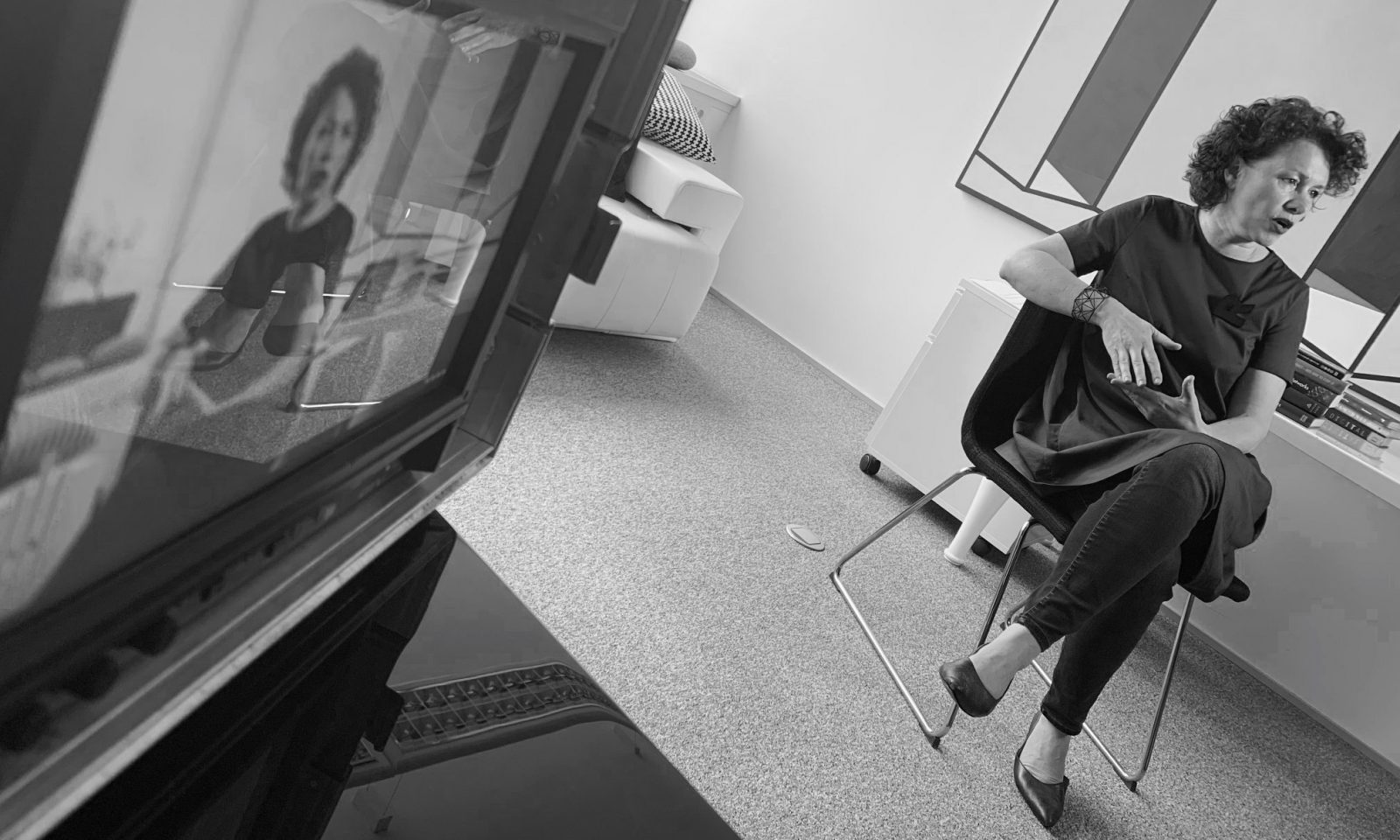Briefly about Open Knowledge
“Open Knowledge is knowledge that is free for use, reuse, and redistribution and in this sense is free from legal, social, as well as technological restrictions.” dr. Maja Bogataj Jančič explained for RTV in “Na kratko”.
The broadcast briefly presents some important building blocks of Open Knowledge and the institutions that operate in this field in Slovenia. Their representatives talked about where the idea of Open Knowledge originates from, what is Open Data, and how do Wikipedia and Zavod 404 contribute to the dissemination of knowledge. Dr. Maja Bogataj Jančič explained how copyright can pose barriers to Open Knowledge and how these barriers are overcome with the help of Creative Commons licences. The broadcast also presented the portal Culture.si, put in place by the Ministry of Culture, in the project “Create a work that it’s not yours”, an exhibition of works by ALUO students, both available under open licences.
All these and some other stakeholders shared their knowledge on the Open Knowledge Day that took place in Ljubljana on 6 May 2019. On 24 October 2019, the Intellectual Property Institute will organise Another Day of Open Knowledge together with the National University Library. Event TBA soon.
The Grand Board of the European Union Intellectual Property Office (EUIPO) finally ruled that the figurative sign ‘COVIDIOT’ cannot be registered as an EU trademark.
The 4th Open Knowledge Day took place on Tuesday 17 October 2023, with an accompanying workshop on 18 October 2023. This year it was organised by the Open Data and Intellectual Property Institute (ODIPI) and supported by Knowledge Rights 21 (KR21).
We invite you to the fourth Open Knowledge Day and the workshop, which will take place this year within the framework of the programme and with the support of Knowledge Rights 21. The event will bring together experts from different European countries to discuss two topics: the first part will deal with the legal basis for data analytics, which is a key part of machine learning and related artificial intelligence, and the general exception for research. In the second part, open science in theory and practice will be presented both in Slovenia and in some Western Balkan countries. Representatives of research and educational institutions from Slovenia and the Western Balkan countries, as well as interested members of the public, are invited to attend.
Dr. Maja Bogataj Jančič, a renowned expert in copyright law, has joined the Berkman Klein Center for Internet & Society at Harvard University, where she will serve as an affiliate researcher for the next two years.





